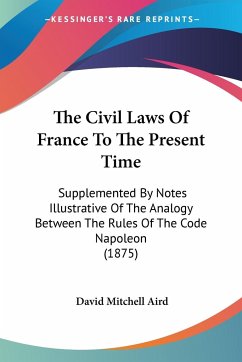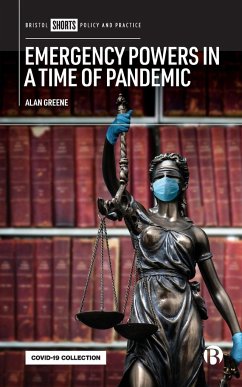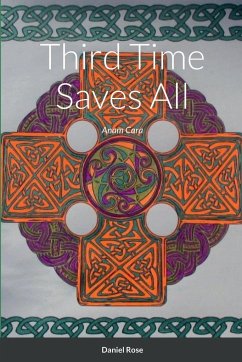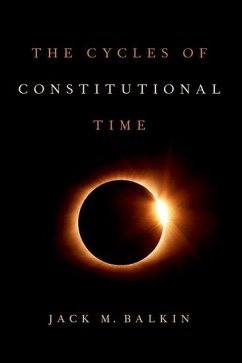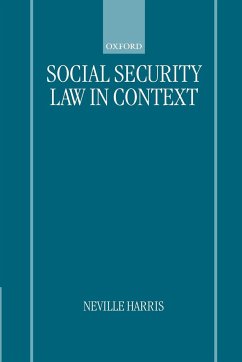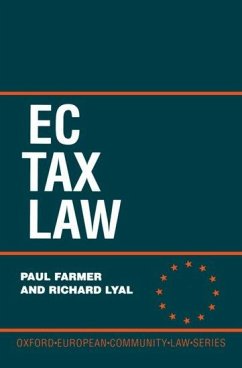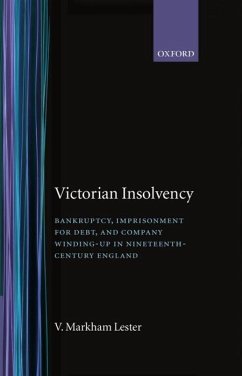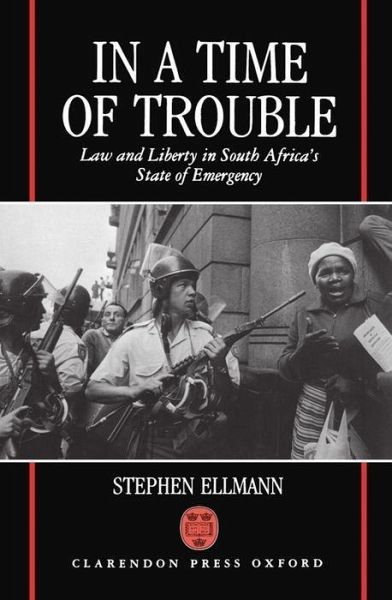
In a Time of Trouble
Law and Liberty in South Africa's State of Emergency
Versandkostenfrei!
Versandfertig in 1-2 Wochen
102,99 €
inkl. MwSt.

PAYBACK Punkte
51 °P sammeln!
Can the law really protect human rights when they are most under siege? During much of South Africa's state of emergency, the country's highest court grimly rejected efforts to use the law to restrain emergency power. The tide of those decisions has now turned. As this important book shows, these changing judicial trends reveal both the weakness and strength of the law. Although no guarantee of liberty, law and legal traditions can help to slow the march of oppression.
In a Time of Trouble examines the intersection between law and emergency power in South Africa, through a detailed study of the performance of South Africa's Appellate Division during the state of emergency. As such, the book is important both to those who seek to understand apartheid South Africa and to those who seek to shape the South Africa of the future. But the book has a significance much beyond South Africa as well, for the tense and difficult intersection between law and emergency power is an inadequately studied and acutely significant issue in many countries around the world. The book begins by sketching the stunning apparatus of internal security statutes in South Africa, and then demonstrates that in the midst of this statutory leviathan there persists a body of doctrines of statutory interpretation which give the courts substantial capacity to mitigate the worst excesses of the legislators' designs. Nevertheless, during much of the state of emergency (which began in 1985 and continued, with one brief pause, until 1990), in a series of decisions dominated by Chief Justice, later Acting Chief Justice, Rabie and a small group of other judges (labelled the "emergency team"), the Appellate Division repeatedly and grimly vindicated emergency powers. Although there were occasional exceptions to this pattern, the overall picture was bleak indeed. Yet as other nations' experience attests, the Rabie court's decisions could have been worse, and Professor Ellmann suggests that they actually reveal the continuing, though sadly limited, impact of a genuine adherence to law. Moreover, since the retirement of Chief Justice Rabie and the appointment of the present Chief Justice, MichaelCorbett, the court's decisions have come to display a marked and explicit concern about the effect of emergency power on human rights. These cases, Ellmann argues, reflect a human rights tradition, long a part of South African legal culture but largely denied a voice in the Rabie cases--a tradition paradoxically nurtured by the elite independence of the South African legal profession. Law, this study teaches, is no guarantee of liberty. But there are no guarantees. Law and legal traditions can help slow the march of oppression, and can help encourage the protection of human rights. Understanding the real, though limited, capacity of the law helps us, finally, to understand and to applaud the efforts of lawyers and clients in South Africa, and in so many other countries, to use the law as a remedy against the injustice of the law itself.






